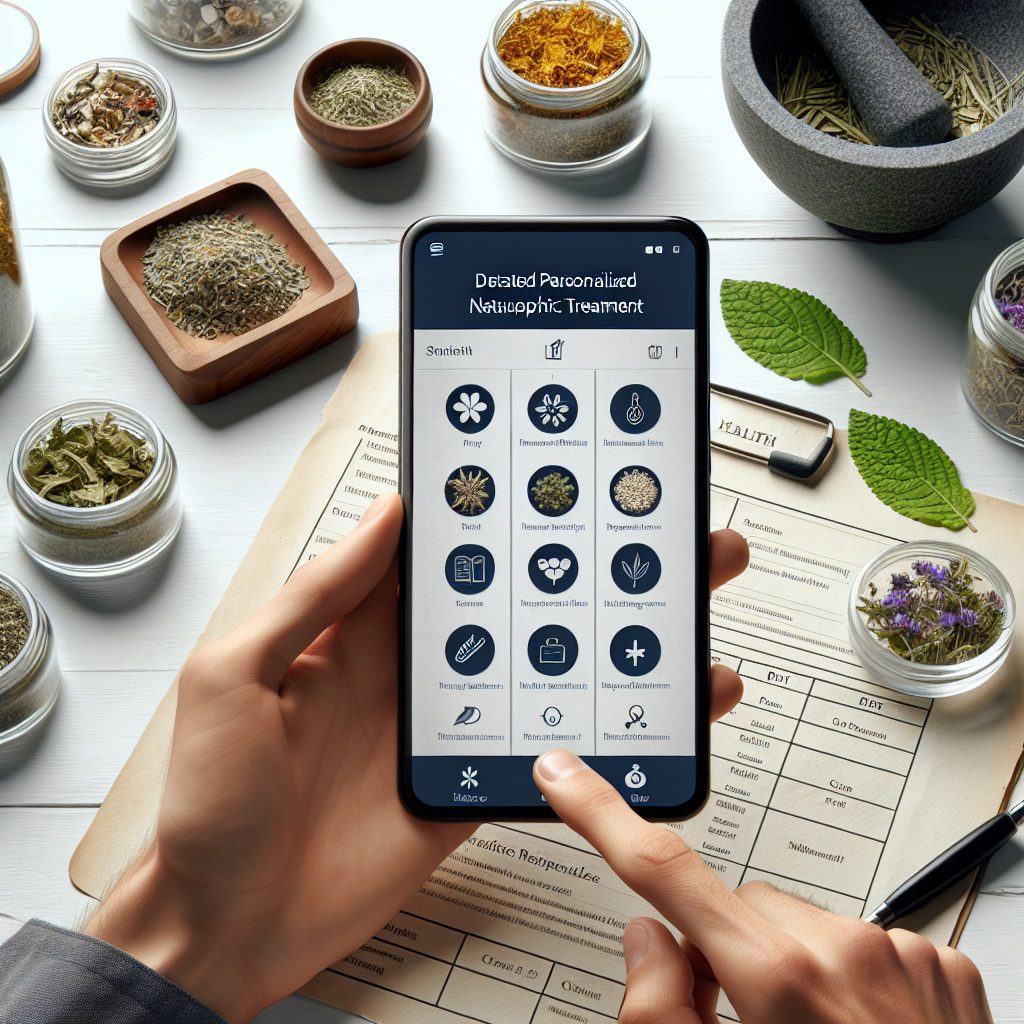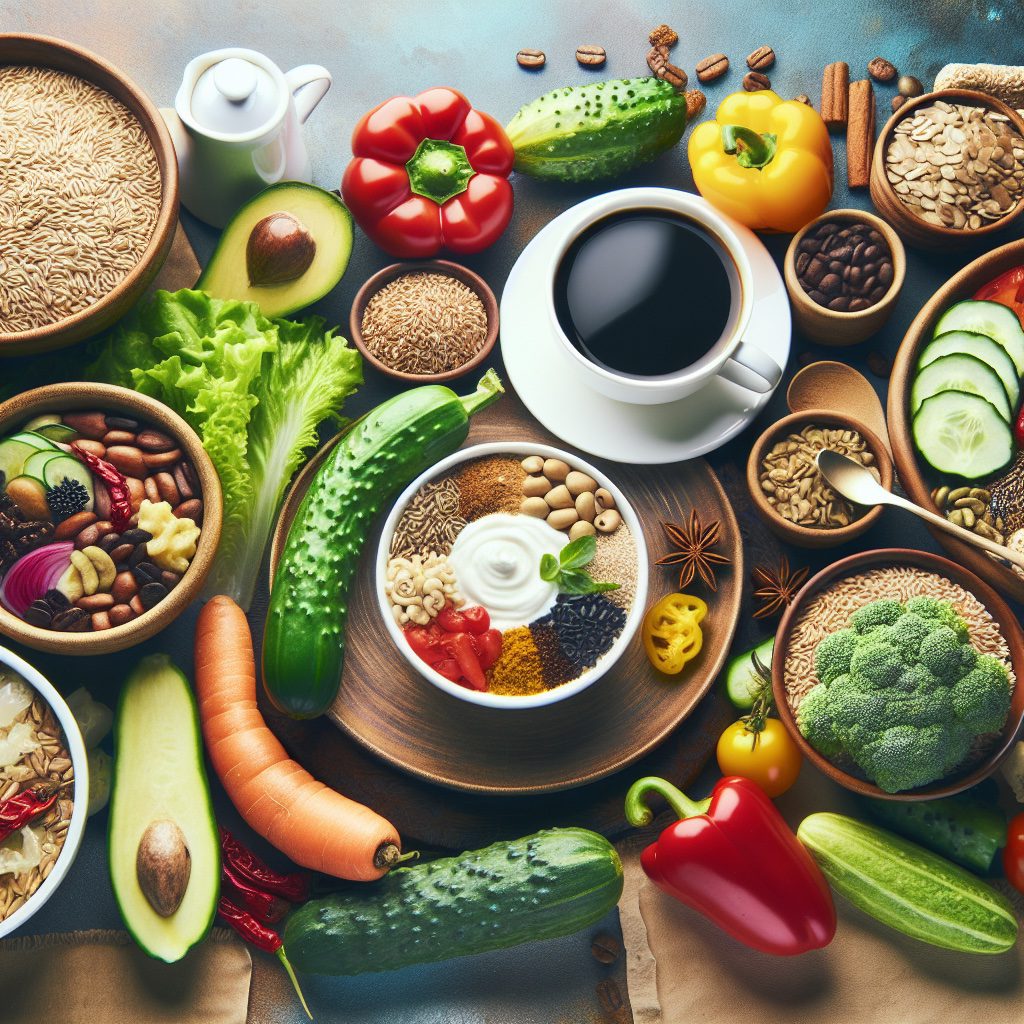In the quiet corners of ancient Eastern healing traditions lies a wisdom that has guided health practices for thousands of years. Today, these age-old principles are experiencing a remarkable renaissance through an unlikely ally: artificial intelligence. The marriage of AI and Traditional Chinese Medicine (TCM) represents one of the most fascinating intersections in modern healthcare, where centuries-old knowledge meets cutting-edge technology to create something truly revolutionary.
This powerful combination is especially appealing to those seeking more holistic approaches to wellness. As conventional medicine continues to advance, many health-conscious individuals find themselves drawn to complementary practices that address the whole person—body, mind, and spirit. TCM, with its focus on balance and harmony, offers this comprehensive approach. Now, enhanced by AI’s analytical capabilities, these ancient practices are becoming more accessible, precise, and personalized than ever before.
The integration of AI in TCM isn’t about replacing traditional wisdom but amplifying it. It’s about taking the intuitive, experience-based approaches that have helped countless people over millennia and supporting them with data-driven insights that can make treatments more effective for modern patients. This blend of old and new creates a healthcare approach that honors traditional knowledge while embracing innovation.
AI-Powered Diagnostics: Enhancing Accuracy in TCM
One of the most significant ways AI in TCM is transforming healthcare is through enhanced diagnostic capabilities. Traditional Chinese Medicine has always relied on careful observation and pattern recognition—examining the tongue, feeling the pulse, noting subtle changes in complexion or energy. These diagnostic methods require years of training and experience to master.
Machine learning algorithms are now being trained on thousands of patient cases, learning to identify patterns that might be missed by even the most experienced practitioners. For example, AI systems can analyze tongue images with incredible precision, detecting subtle color variations, coating characteristics, and shape abnormalities that might indicate specific imbalances in the body.
Dr. Lin Wei, a TCM researcher at Beijing University, explains: “What makes AI in TCM so powerful is its ability to process complex data sets that include not just physical symptoms but lifestyle factors, emotional states, and environmental influences—all crucial elements in Eastern medicine diagnosis.”
These AI systems don’t replace the practitioner’s expertise but provide additional layers of information to support their decision-making. By analyzing vast amounts of patient data, AI can identify correlations between symptoms and conditions that might not be immediately obvious, leading to more reliable diagnoses and more effective treatment plans.
The personalization aspect is particularly valuable. AI can help practitioners tailor treatments to each individual’s unique constitution, taking into account their specific pattern of imbalance rather than applying a one-size-fits-all approach. This aligns perfectly with TCM’s fundamental principle that each person’s path to healing is unique and must be addressed accordingly.
AI and Herbal Medicine: Revolutionizing Drug Discovery
Perhaps one of the most exciting applications of AI in TCM is in the realm of herbal medicine research. Traditional Chinese herbal formulas often contain dozens of herbs working in synergy, creating complex interactions that can be challenging to analyze using conventional methods.
AI is changing this landscape dramatically. Advanced algorithms can now screen thousands of herbal compounds, identifying those with the highest potential for treating specific conditions. This process, which might have taken researchers decades in the past, can now be accomplished in months or even weeks.
“AI is helping us understand the complex chemical profiles of traditional herbs and how they interact with human biology,” says Dr. Zhang Mei, a pharmacologist specializing in natural products. “We’re discovering new applications for ancient remedies that our ancestors couldn’t have imagined.”
For patients seeking natural approaches to health, this means more evidence-based herbal options. AI can help identify which components in traditional formulas are most active against certain conditions, allowing for more targeted and effective natural treatments. It can also help predict potential herb-drug interactions, making integrative approaches safer for those combining Eastern and Western medicines.
One remarkable example is the use of AI to analyze the herb Artemisia annua (qinghao), which led to the development of artemisinin for malaria treatment—work that earned scientist Tu Youyou a Nobel Prize. Today’s AI systems are accelerating similar discoveries, scanning ancient texts and cross-referencing them with modern biochemical knowledge to uncover forgotten remedies with modern applications.
Augmenting Practitioner Expertise with AI Insights
The role of AI in TCM isn’t to replace practitioners but to enhance their capabilities. By providing insights and analytics drawn from vast datasets, AI becomes a powerful tool that complements the intuitive wisdom that has been passed down through generations of Eastern medicine practitioners.
In practice, this might look like an AI assistant that suggests possible diagnoses based on symptoms input, recommends herbal formulas that have shown efficacy for similar cases, or alerts practitioners to potential interactions or contraindications they should consider. The final decisions still rest with the trained professional, but they now have access to information and analysis that would be impossible for any individual to process alone.
“What’s beautiful about this integration is that it preserves the art of TCM while enhancing it with science,” notes Dr. Chen Liping, who practices integrative medicine in Shanghai. “The AI doesn’t replace our trained intuition—it gives us more data to refine it.”
This collaborative approach between human expertise and artificial intelligence creates a more comprehensive care model. The AI can process the objective data—lab results, imaging, patient history—while the practitioner brings their expertise in the subjective elements of healing, such as understanding the patient’s emotional state and life circumstances that might be affecting their health.
Multi-Metabolite Interaction Analysis: Deepening Our Understanding
One of the most sophisticated applications of AI in TCM involves multi-metabolite interaction analysis—essentially, understanding how the various compounds in herbal formulas work together to create therapeutic effects. Traditional formulas often contain dozens of herbs with hundreds of active compounds, creating a complexity that has been difficult to fully understand with conventional research methods.
AI is changing this by modeling these complex interactions and identifying synergistic relationships between compounds. This deeper understanding allows for more precise formulation and potentially more effective treatments.
Recent research published in Nature Biotechnology demonstrated how AI algorithms identified previously unknown interactions between compounds in the classic formula Liu Wei Di Huang Wan, showing how they collectively regulate multiple biological pathways related to aging and metabolism. This kind of insight would have been nearly impossible to discover without AI’s ability to process enormous amounts of biochemical data.
“We’re just beginning to understand the genius behind traditional formulations,” explains Dr. Richard Wang, a computational biologist working at the intersection of AI and TCM. “These formulas weren’t created randomly—they evolved through thousands of years of careful observation. AI is helping us decode the logic behind them.”
This advanced understanding has practical implications for patients. As we better understand how compounds in traditional formulas work together, we can create more targeted versions for specific conditions, potentially increasing efficacy while reducing unwanted effects.
Improving Patient Care Through AI Integration
The integration of AI in TCM is already showing measurable benefits for patient care. Treatment personalization has reached new levels of sophistication, with AI systems helping to match patients with the most appropriate herbs, acupuncture protocols, and lifestyle recommendations based on their individual constitution and specific imbalances.
Patient satisfaction rates tend to be higher when treatments are personalized in this way. A recent study from Guangzhou University of Chinese Medicine found that patients whose treatment plans were developed with AI-assisted diagnostics reported 37% higher satisfaction rates and better treatment outcomes compared to standard approaches.
The efficiency of care also improves with AI integration. Practitioners can spend less time on administrative tasks and data analysis, and more time building therapeutic relationships with patients—something that remains central to the TCM approach.
For patients with complex or chronic conditions, the benefits can be particularly significant. AI can help identify subtle patterns in their health data over time, allowing for adjustments to treatment plans before symptoms worsen. This proactive approach aligns perfectly with TCM’s emphasis on prevention and maintaining balance rather than just treating disease once it appears.
The Future of AI in TCM: A New Horizon in Holistic Health
Looking ahead, the potential of AI in TCM seems boundless. Current developments suggest we’re moving toward even more sophisticated systems that can predict health trends and recommend preventative measures based on individual risk factors. This approach to preventative care resonates deeply with TCM’s philosophy of addressing imbalances before they manifest as disease.
For chronic disease management, AI-enhanced TCM offers particularly promising possibilities. Conditions like diabetes, heart disease, and autoimmune disorders—which often respond well to holistic approaches—could benefit from treatment plans that adapt in real-time based on patient data, environmental factors, and seasonal changes, all key considerations in Eastern medicine.
The efficiency of healthcare delivery is also likely to improve as AI systems become more integrated into TCM practice. Digital platforms can make Eastern healing wisdom more accessible to people who might not otherwise have access to qualified practitioners, potentially expanding the reach of these beneficial approaches.
At HerbalsZen, this integration of ancient wisdom and modern technology is at the heart of our philosophy. Our EASTCHI AI system exemplifies this approach, analyzing individual constitutional types through Five Element Theory while using advanced algorithms to create personalized nutrition and lifestyle recommendations. By honoring the 2,000-year-old traditions of Eastern medicine while embracing the capabilities of artificial intelligence, we’re helping to create a future where holistic health is both deeply rooted in tradition and enhanced by innovation.
As AI in TCM continues to evolve, we’re witnessing the birth of a truly integrative approach to health—one that values both the wisdom of the past and the technological possibilities of the present. For health-conscious individuals seeking natural, personalized approaches to wellness, this harmonious blend of ancient and modern offers an exciting path forward on their health journey.




